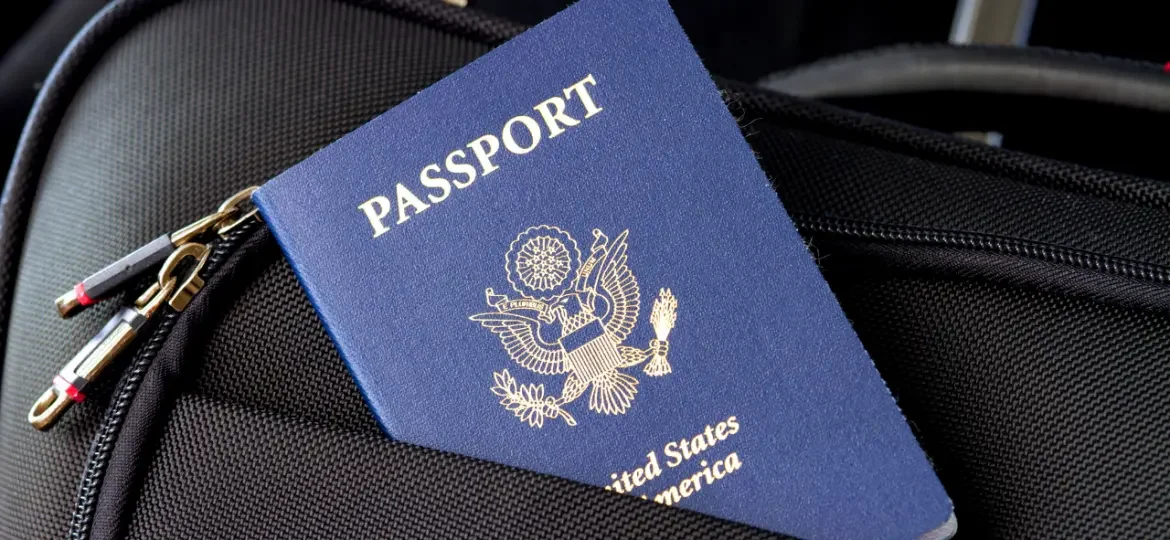


Changes in Student Visa Across Countries in 2024: Educational Landscape
The year 2024 brings forth significant changes in student visa policies across countries, impacting the educational aspirations and opportunities for international students. As countries strive to adapt to evolving global trends, it becomes crucial to explore and understand these new changes. This article delves into the updates in student visa policies in key countries, including the United States, the United Kingdom, Australia, and Canada. Additionally, it provides insights into the proposed modifications and their potential implications on international students. Furthermore, this article also acknowledges the student visa updates in other countries, highlighting the evolving landscape of international education. Through a comprehensive examination of these changes, we aim to shed light on the impact and significance of the new student visa policies in 2024.
Purpose of the Article
Student visa are a hot topic for young scholars dreaming of studying abroad. These magical documents grant us entry into foreign lands where we can expand our minds and explore new horizons. But just like fashion trends and internet memes, student visa policies are subject to change. Brace yourselves because 2024 is bringing some new twists to the game.

United States: Streamlined Processes and Opportunities
The United States, a perennially popular destination for international students, has implemented changes aimed at streamlining visa processes and enhancing opportunities. The Biden administration has introduced policies to make the U.S. a more welcoming destination for students. This includes expedited visa processing, extended post-graduation work permits, and efforts to retain international talent, making it an attractive option for those aspiring to study in the land of opportunities.
- Interview Waivers: US embassies and consulates may waive in-person visa interviews for certain applicants with previous US visa experience. This streamlines the process for returning students.
- New Fees: A new visa fee might be introduced, so check the latest updates before applying.
- School Certification: F or M visa applicants must attend a certified school, and J visa applicants need sponsorship from an approved organization. Ensure your institution meets the requirements.
United Kingdom: Flexibility and Post-Study Work Options
In the United Kingdom, new student visa policies provide increased flexibility for applicants. Changes in work regulations allow students to work more hours during term breaks, contributing to their financial independence. Additionally, the reintroduction of the post-study work visa, now called the Graduate Route, enables students to stay in the UK for two years post-graduation, fostering a more welcoming environment for international talent.
- Dependents: International students can no longer bring their dependent family members (except spouses for postgraduate research students) on their Student visa. This change aims to manage migration levels and prioritize genuine students.
- Work Visas: Switching from a Student visa to a work visa in-country is no longer permitted. Students need to complete their studies and return to their home country to apply for a work visa.
Canada: Prioritizing Diversity and Inclusion
Canada continues to reinforce its commitment to diversity and inclusion through changes in its student visa policies. With an emphasis on attracting students from underrepresented regions, Canada’s welcoming stance remains steadfast. The introduction of targeted scholarship programs and simplified visa processes further cements Canada’s position as a top choice for international students seeking a supportive and inclusive educational environment.
- Increased Financial Proof: Single applicants need to prove financial support of $20,635 (representing 75% of LICO) in addition to tuition and travel costs for the first year. This reflects the rising cost of living.
- Letter of Acceptance Verification: Designated Learning Institutes (DLIs) now verify international students’ letters of acceptance directly with Immigration, Refugees and Citizenship Canada (IRCC) to address fraudulent practices.
Also Read: How to Ace the TOEFL Home Edition: Your Ultimate Guide
Australia: Balancing Safety and Educational Access
In response to global challenges, Australia has adapted its student visa policies to balance safety concerns with accessibility. Stricter health and safety protocols have been implemented, ensuring the well-being of students during the ongoing global health situation. Simultaneously, Australia continues to promote its high-quality education system, offering a mix of online and in-person learning options to accommodate varying needs.
- No Simultaneous Programs: Students cannot pursue multiple study programs concurrently. Choose your course carefully before applying.
- Work Hour Restrictions: Student work hours are capped at 48 hours per fortnight during semester breaks and unlimited during holidays. Plan your finances accordingly.
Germany: Focus on Language Proficiency and Integration
Germany, known for its excellent education system and vibrant cultural scene, has introduced changes to prioritize language proficiency and integration. A stronger emphasis on language requirements for certain programs aims to enhance students’ academic success and integration into German society. These changes align with Germany’s commitment to providing a holistic educational experience for international students.
New Zealand: Sustainability and Environmental Focus
New Zealand student visa policies in 2024 reflect the country’s commitment to environmental sustainability. With a focus on attracting students interested in sustainability-related disciplines, New Zealand encourages a global community of scholars dedicated to addressing pressing environmental challenges. The student visa process incorporates these values, positioning New Zealand as an ideal destination for environmentally conscious students.
Challenges and Considerations for Students
While these changes present exciting opportunities, students must navigate potential challenges. Understanding the intricacies of visa applications, adapting to evolving health and safety protocols, and staying informed about changing geopolitical landscapes are crucial aspects of the international student experience. Navigating these challenges requires proactive research, support from educational institutions, and a resilient mindset.
Also Read: Step by Step Process to Study Abroad in 2024
Conclusion: Navigating the Educational Horizon
As we look ahead, the evolving landscape of student visas underscores the importance of global collaboration in the realm of education. Countries are increasingly recognizing the value of international students in enriching their academic communities and contributing to the cultural tapestry. The ongoing exchange of ideas and knowledge fosters a global perspective, preparing students to address complex challenges on an international scale. As aspiring students consider their educational journey in 2024, staying informed about these changes and seeking guidance from educational institutions and immigration experts will be key to a successful and fulfilling international academic experience.
Get assistance to study abroad from our international education experts at Gateway International and get free consultancy for study abroad who can help guide you throughout your study abroad journey & avail our wide range of services for students on destinations like study in UK, study in USA, study in Canada, study in Ireland, study in Australia , study in the Netherlands and many other countries.
FAQ
1. Are these changes applicable to all international students?
A. These changes in student visa policies may vary across countries and may not apply universally to all international students. It is essential to consult the specific visa requirements and guidelines of the country you intend to study in to understand the applicability of these changes to your situation.
2. How can I stay updated on the latest student visa policies?
A. To stay updated on the latest student visa policies, it is recommended to regularly check the official websites of the immigration departments or embassies of the countries you are interested in. Additionally, subscribing to newsletters or joining online communities focused on international education can provide valuable insights and updates on visa changes.


